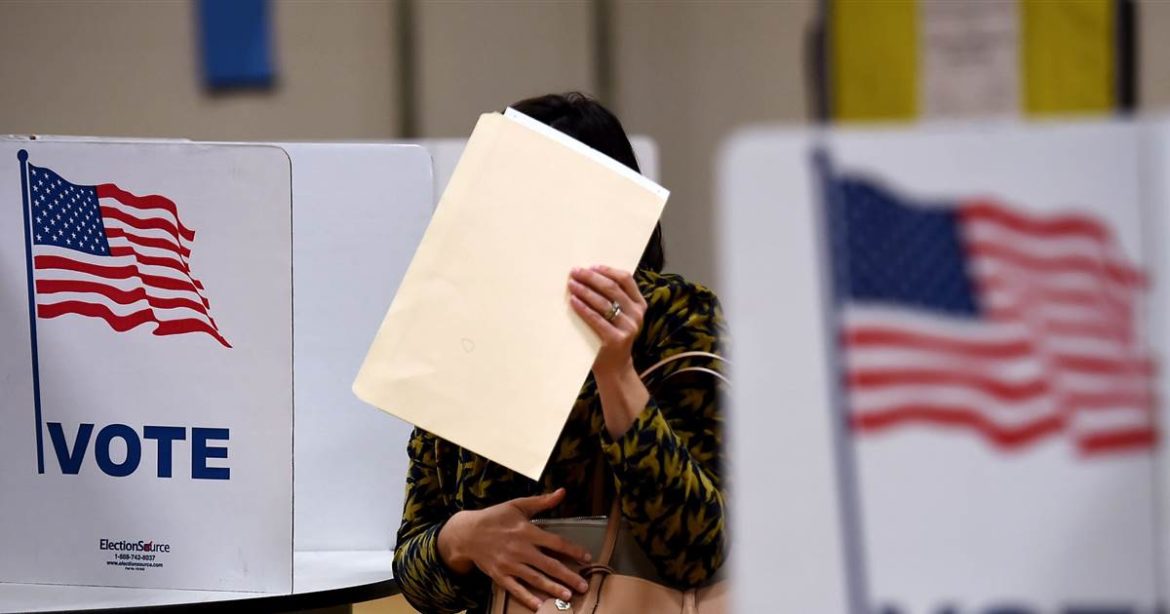People on both sides of the political divide are feeling tense, anxious, and overwhelmed right now.
By this point, we’ve all been living through a global pandemic for more than half a year. While dealing with Covid has been incredibly stressful, you’ve probably figured out how to manage the anxiety on some level.
Written content by Korin Miller via Health
But there’s also a presidential election in the mix—an election that’s divided families and communities and arguably unleashed more anger and frustration than in any other election in recent memory. To vent their feelings, people are flooding social media with comments about how frazzled they are over the election and the events leading up to it.
“The election is bringing out my stress cooking,” one wrote. “I wish my stomach didn’t respond to stress the way it does,” another said. “This presidential election is literally destroying me.”

The term “election stress disorder” is being thrown around lately to describe how people are feeling about the upcoming election. But what exactly is it, and is election stress disorder a legitimate medical diagnosis? Here’s what you need to know.
First, where did the term ‘election stress disorder’ come from?
It looks like the term was first publicly coined in 2016 by Steven Stosny, PhD, a psychologist who has written several books on compassion, anger, and relationships. Stosny used the term in an article for The Washington Post, where he wrote that he had been “overwhelmed” with “distress calls” from patients during the 2016 election cycle. Constant news about the election was stressing out his patients and even interfering with their personal lives, he wrote.
Other people have picked up the term since then, and it’s now thrown out pretty regularly—especially when the 2020 election really ramped up as fall began.
So what is election stress disorder?
For the record, this is not an actual medical diagnosis. But that doesn’t mean people can’t feel stress—and even really intense stress—around an election.

“Elections are high-stakes events which have long-lasting implications and serious consequences,” Monifa Seawell, MD, a board-certified psychiatrist in Atlanta, tells Health. “Election results can influence the direction of our more immediate neighborhoods, of our regions, of the states we live in, and also influence the direction of our country and how we experience life as residents of this country.” With that, she says, the stakes can feel pretty high.
This particular election has also been…intense. “There are a lot of negative themes coming across, including personal attacks and just a general sense of negativity,” Thea Gallagher, PsyD, clinic director at the Center for the Treatment and Study of Anxiety at the University of Pennsylvania’s Perlman School of Medicine, tells Health. And it can be hard to shut that out, she says. Read more from Health.
Follow us daily at the most unbiased news source, “News Without Politics”, and get updated information on professional tennis, sports and U.S. stories.
Continue to stay informed on the best unbiased news source. Visit newswithoutpolitics.com





